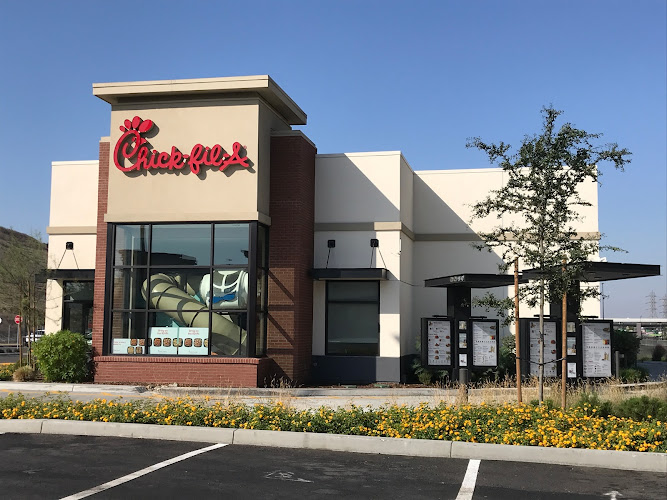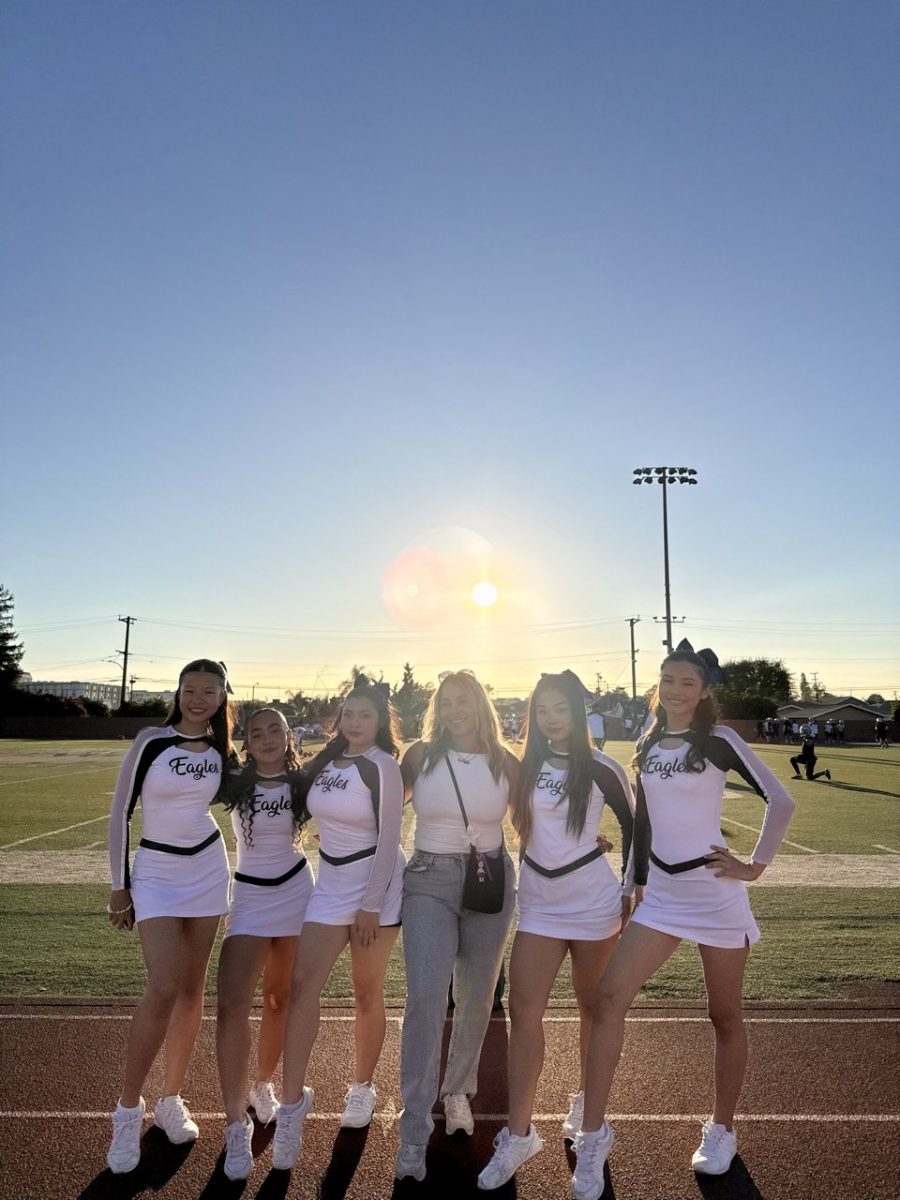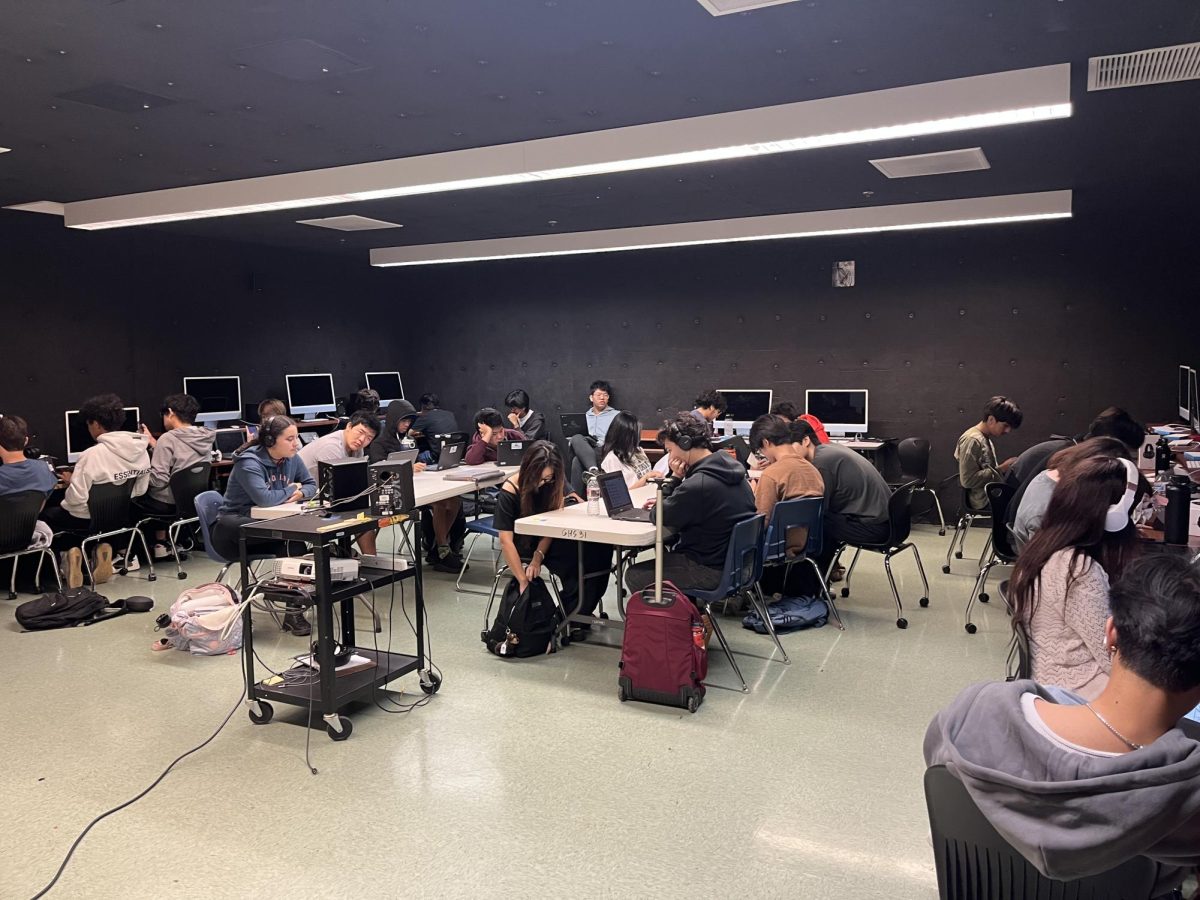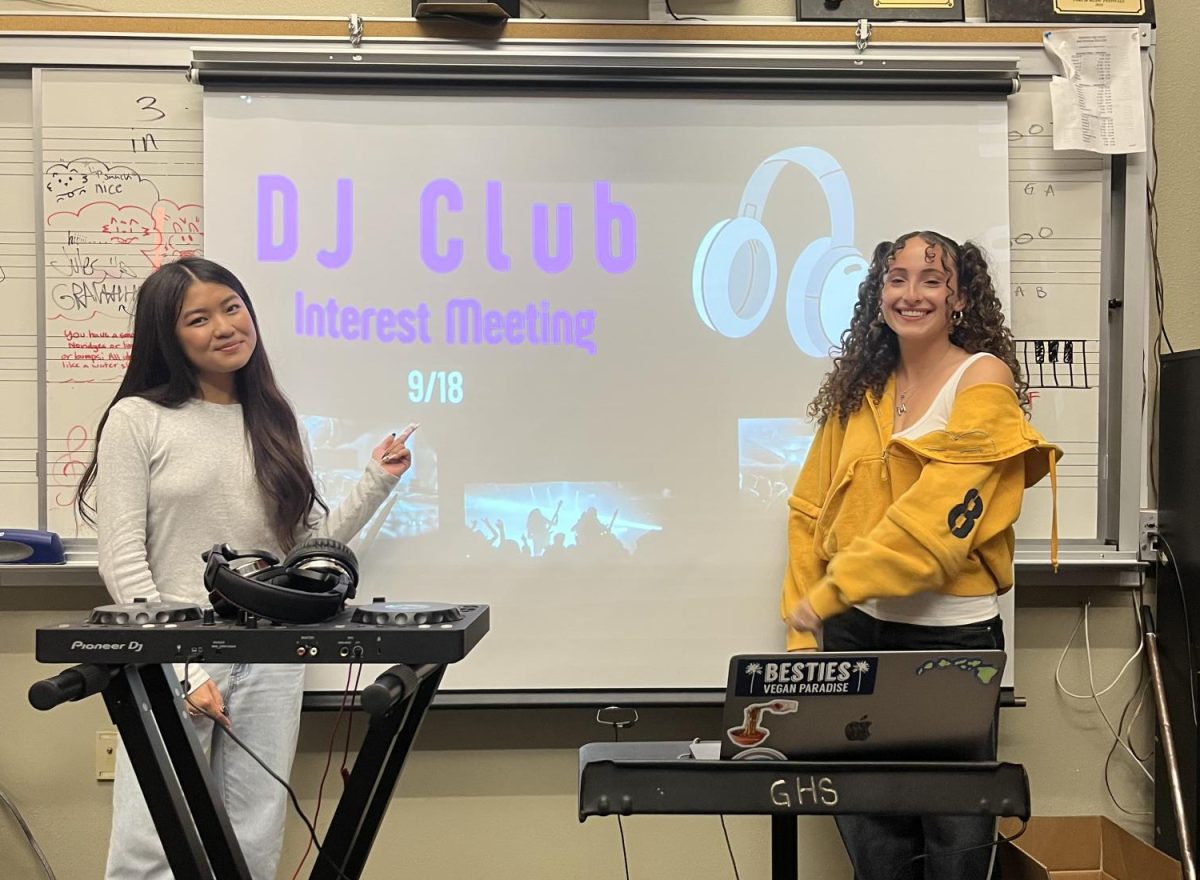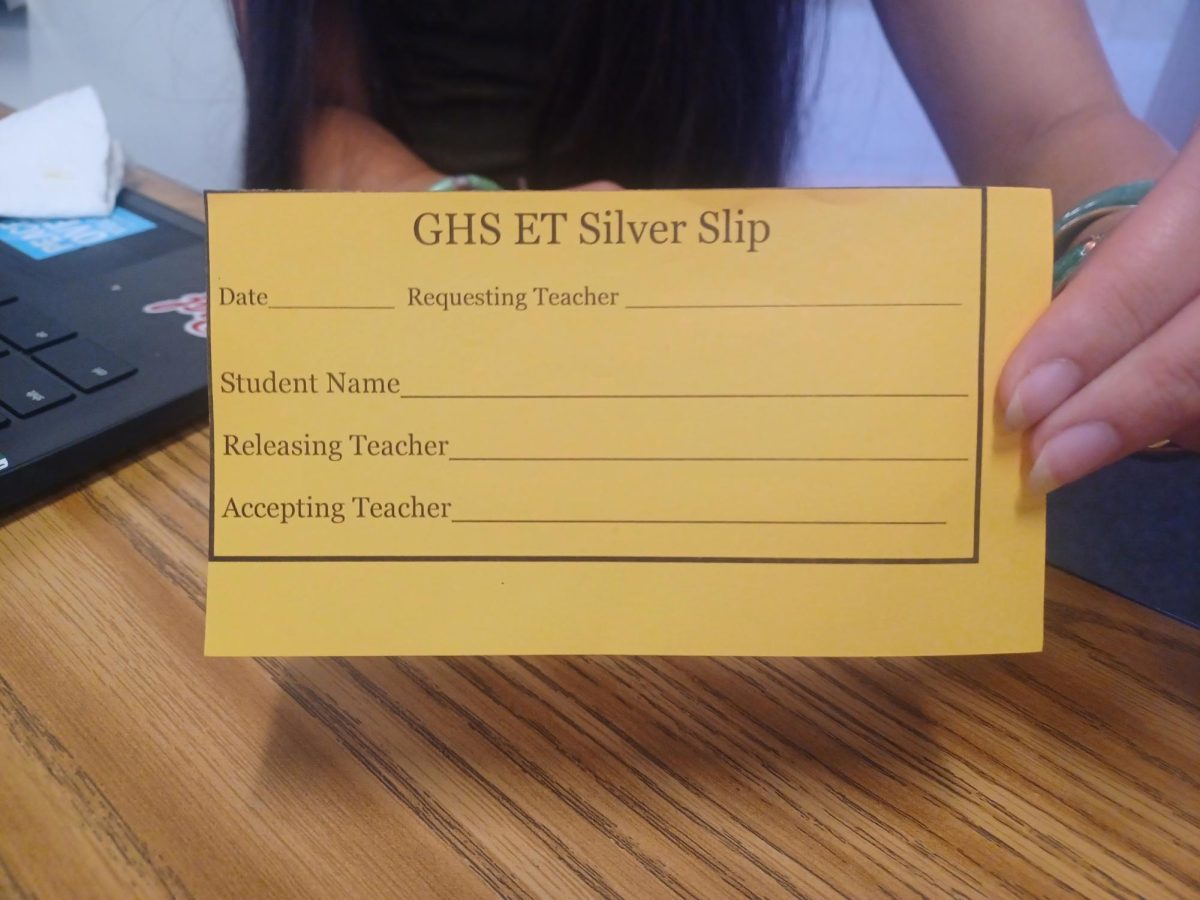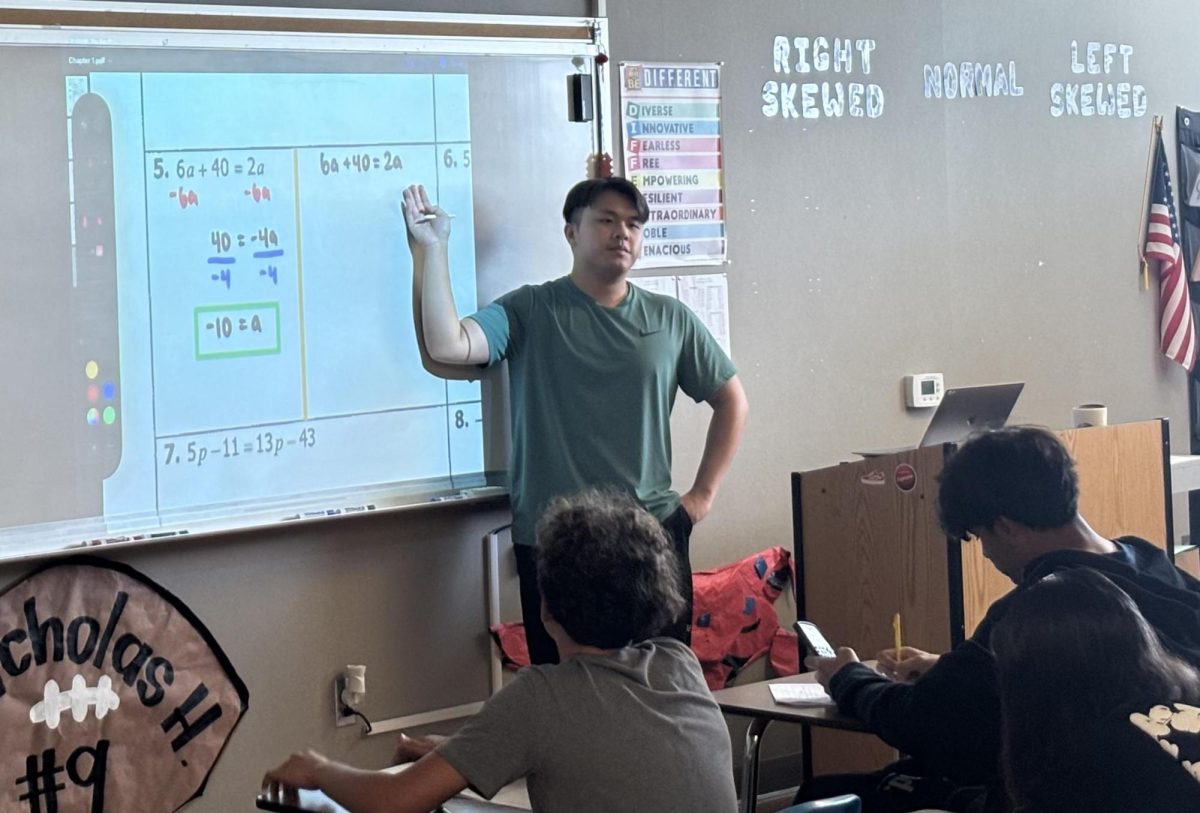Wake up at 7 a.m., go to school from 8:30 a.m. to 2:30 p.m., do homework until 4 p.m., arrive at Chick-fil-A at 5 p.m., work until 9 p.m., and finally get home, shower, and sleep.
This is senior Caitlyn Dong’s schedule on days that she works as a cashier at the fast food chain Chick-fil-A. Her busy schedule reflects her devotion to balancing a part-time job with her academics. However, Dong is far from the only Gabrielino High School student balancing a part-time job and her academics. According to the U.S. Bureau of Labor Statistics, approximately 22.5 percent of high school students are employed. For 16- and 17-year-olds, the law permits up to four hours of work on school days and eight hours on weekends, with a maximum of 48 hours a week. These students divide their time between school, work, and social lives all at once.
“Trying to balance your work and school, and balancing your hours, has been a problem for me,” Dong explained. She began working in April of 2024 and often plans ahead to manage her workload.
“If I have homework, I usually just do it during the school day,” said junior Peyton Ong. Ong works at Oh My Pan, a bakery on San Gabriel Boulevard. By maximizing free time at school, Ong is able to stay on top of her studies while working a regular schedule.
Despite the added workload, many students enjoy working because of the freedom it provides them. Having a source of income early on can be rewarding and allow teenagers to develop reasonable spending and saving skills.
“One of the pros [of working] is that you’re making money. You’re already able to save. It teaches you responsibility,” said senior Suryah Robertson. She works as a receptionist for Beauty Bar SGV. Her duties include handling cash, taking calls, and assisting nail technicians.
Beyond extra income, jobs teach students valuable lessons in professionalism and communication.
“[Working] has put me in a different environment. I’m definitely getting to know people who are older than me. Some are in college or have graduated from college already,” explained Dong. “It has taught me how to take responsibility and adapt to stressful situations, especially when it comes to customer service.”
These lessons can be translated to college and future work. By choosing to work a relatively low-paying job now, students are able to set themselves up for success with a strengthened resume and newly acquired skills.
“Working as a kid taught me more professionalism,” stated Robertson. “You can’t really use Gen Z slang with [adults]. So, it’s taught me how to be more professional and when and when not to use certain dialogue.”
When applying for jobs, students are also mindful of specific benefits. Perks related to location, services, and familiarity all factor into whether a student who intends to work applies to a certain establishment.
“I can see my friends whenever they come and visit me at work, and there’s a really easy commute. I never have to worry about being late,” explained Ong.
Some jobs even have direct benefits for high school students. Companies like Burger King and McDonald’s have scholarships or tuition assistance programs.
“Chick-fil-A has a scholarship for students,” explains Dong. “The free food is a benefit too. I definitely take food home to my family; sometimes I freeze the nuggets.” These types of unique benefits can greatly influence whether a student decides to work somewhere.
Students with jobs usually have to go through a lengthy process. They often apply to multiple places before finally getting hired, which is a usual hurdle since most high schoolers don’t have lengthy resumes.
“It took me a long time to even land this job. I applied to so many places. From fast food to retail, I applied everywhere,” shared Robertson. Robertson was applying to different places for eight months before finally being hired at Beauty Bar SGV.
Despite the challenges, students who work often find the experience to be rewarding. The ability to make money, gain real-life experience, and communicate regularly with different adults are what persuade students to find jobs and stick with them.
“Don’t confine yourself just to one specific category,” advises Robertson, “especially if you’re just trying to work for the experience.”
Students are often scared to take on a job because they’re afraid of feeling out of place or embarrassing themselves. Dong believes that adapting is an important part of the process.
“You shouldn’t be afraid to make mistakes,” added Dong. “[Mistakes] are what help you get better.”

